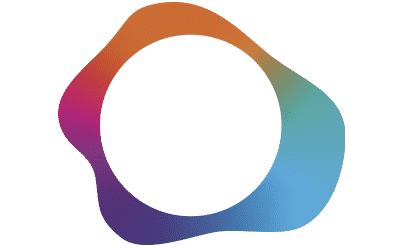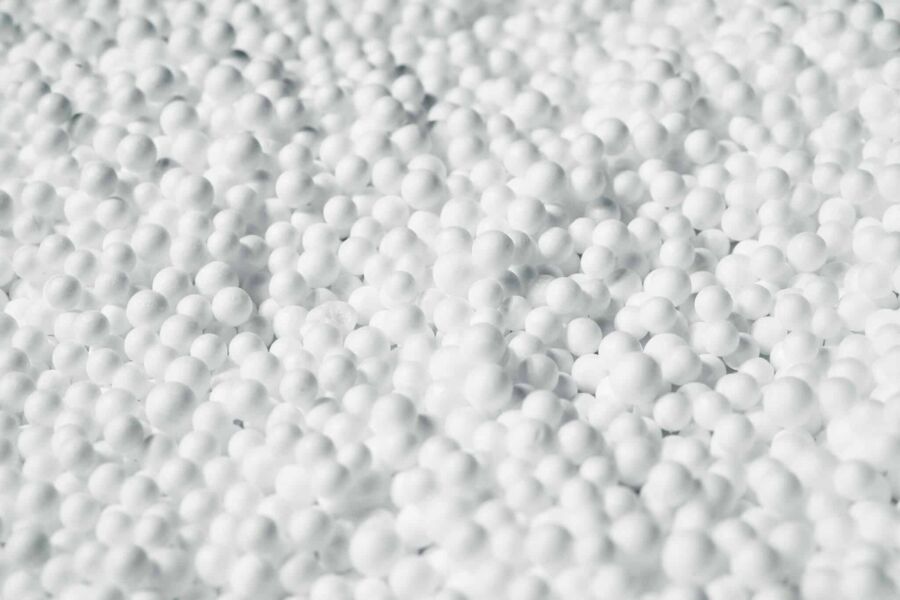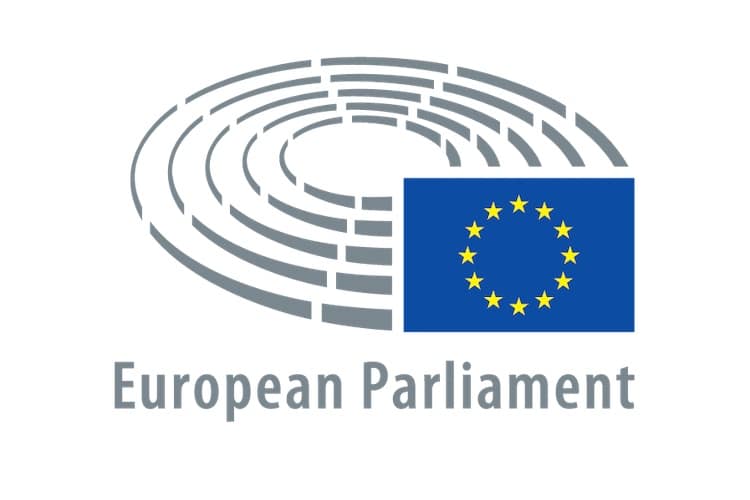On 11th March 2020 the EU Commission presents its new action plan for the circular economy. In order to set the right course for the necessary change in the industry, the IK Industrievereinigung Kunststoffverpackungen (German Association for Plastic Packaging and Films) has clear expectations of this action plan: a faster end to the landfill on plastic packaging waste and stronger markets for recyclates should be the most important set screws. At the same time, the association warns against the proposals for product bans and a so-called plastic tax as discussed in Brussels. The side effects of such measures would be detrimental to climate protection and the intended circular economy.

IK managing director Dr. Martin Engelmann sees plastic tax and bans as a step backwards for climate protection and recycling management.
Industry’s expectations of the action plan: development of recyclate markets must follow market economy principles
The IK member companies have set themselves ambitious goals for a better recycling management of their products. They expect the politicians to set the targets, but leave the implementation to the companies. For example, within the framework of the Circular Plastics Alliance, the industry is already working intensively on implementing the goal of using at least 10 million tonnes of recycled plastics by 2025.
The IK expects impulses from politics for the development of functioning markets for recycled plastic materials that can provide the quantities and qualities required by the plastics converting industry. This must be based on sound market mechanisms. On the other hand, the industry considers minimum recycling rates for certain products to be the wrong approach. For many packaging materials it cannot be guaranteed that recycled materials are available in sufficient quantity and quality. In addition, about 44 percent of the packaging is subject to strict food safety regulations that severely restrict the use of recycled materials,” Dr. Isabell Schmidt, IK Managing Director Circular Economy, points out. “There are other ways to effectively promote the use of recyclates, for example through financial incentives.”
A better separate collection of plastic packaging is the key to increasing recycling efficiency. “We are calling for ambitious targets for the separate collection of plastic waste and a faster landfill ban,” says Dr. Schmidt. “The announced Europe-wide uniform model for separate collection is welcome.”
Plastic tax and product bans: a step backwards for circular economy and climate protection
The IK is particularly critical of the planned levy on non-recycled plastic packaging waste. “Due to the lack of earmarking, the levy deprives particularly countries with weak recycling infrastructure of urgently needed investment funds in order to adapt to the changed conditions of the circular economy”, explains IK Managing Director Dr. Martin Engelmann.
Bans also have the potential to do more harm to the climate than good. “Anyone who bans plastic packaging for vegetables or fruit ignores the fact that this product group accounts for almost 30 percent of food losses,” Engelmann continues. “Packaging has been proven to contribute to reducing precisely these food losses. In addition, if bans are imposed, plastic packaging is usually replaced by other, heavier materials, which is often harmful from a climate point of view”.

IK managing director Dr. Isabel Schmidt expects more European drive for a high-quality recycling economy.
Towards a climate-neutral and environmentally sustainable Europe: opportunities for industry
The EU Commission’s Green Deal does not bring any major surprises for the plastics processing industry. The Commission’s goals have been known since the Plastics Strategy from January 2018.
Within the plastic packaging industry, the issues addressed there already have priority, for example in setting its own ambitious recycling targets for 2025: 90 per cent recyclable or reusable packaging (today 75 per cent) and 1 million tonnes of recycled material used in plastic packaging in Germany (today 400,000 tonnes). With the guidelines “Eco Design for Plastic Packaging”, the industry is making an additional contribution to the announced strategy for sustainable products.
“For the plastics industry, the initiated change brings new opportunities: like no other material, plastics are needed for the climate-neutral economy, whether as rotor blades for wind turbines or as energy and resource-saving packaging for food and other products,” says Dr. Isabell Schmidt. “We are working flat out to close the cycles and rethink our products.



